Publications
Articles, publications, books, tools and multimedia features from the U.S. Institute of Peace provide the latest news, analysis, research findings, practitioner guides and reports, all related to the conflict zones and issues that are at the center of the Institute’s work to prevent and reduce violent conflict.
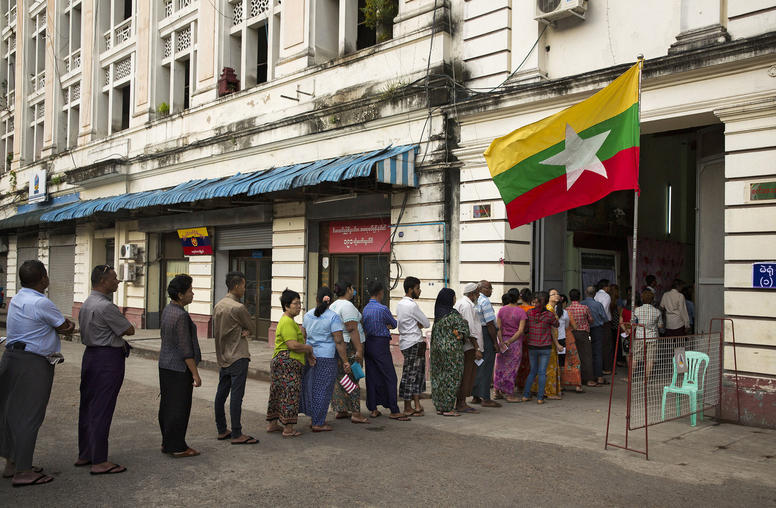
Election Cancellations in Rakhine State Could Signal Trouble for Myanmar
On October 16, when it took the stunning and sweeping decision to cancel most of the vote in Rakhine State on November 8, the Union Election Commission (UEC) disenfranchised an estimated 73% of Rakhine voters, in addition to the Rohingya who had been stripped of voting rights in 2015. The UEC justified its decision on the grounds that the election could be neither free nor fair because of ongoing armed conflict in the state. When critics asked why the elections had not been cancelled in war-stricken Paletwa, where security concerns are most acute, the UEC called off elections in parts of that Chin State town and restored them in a few village tracts in Rakhine.
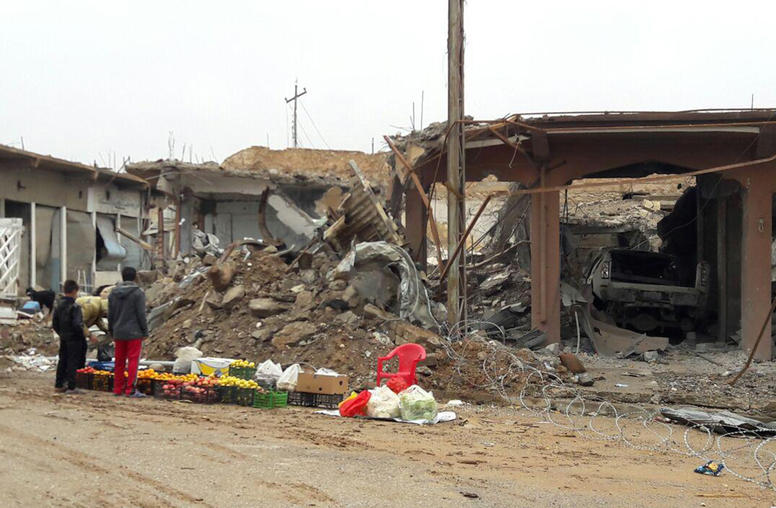
Amid Iraq’s Turmoil, Tal Afar Builds Peace
In a year of Iraqi turmoil, including protests that ousted a government and rivalry between Iran and Turkey, Iraqi tribal and community leaders are strengthening a new peace agreement in a locale that has seen some of the worst brutality of recent years—the northern city of Tal Afar. Civic, tribal and government leaders recently agreed to a pact that can open a path for more than 60,000 displaced residents to return home and rebuild following the war with ISIS. The accord also will help curb ISIS’ effort to revive. And in a startling change, it was negotiated in part by women.
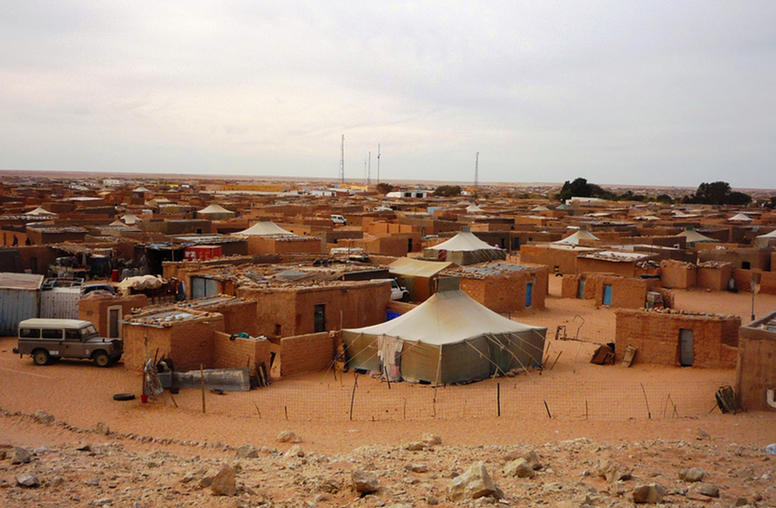
Saudi-Turkish Clash Reinforces Tensions in the Maghreb
Morocco notched a diplomatic win this week as the United Arab Emirates opened a consulate in the Western Sahara, where Rabat has long sought international recognition of its claim over the disputed territory. It also signaled a troubling regional shift. The hostility between Turkey and the Saudi-aligned Arab states risks embroiling the Maghreb region, much as it already complicates conflicts and politics from Libya to the Red Sea region. In North Africa, as across the greater Middle East, a widening of the Turkish-Saudi confrontation is heightening the risks of destabilization and threats to U.S. regional and counterterrorism interests.
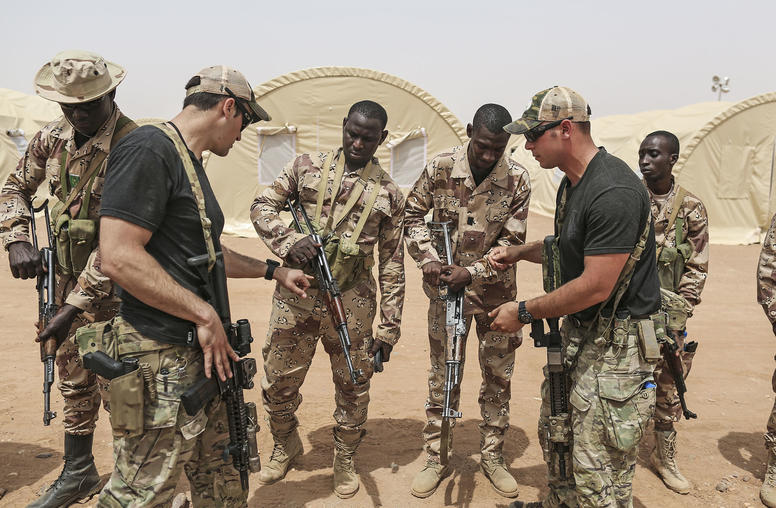
In Niger, Foreign Security Interests Undermine Stability—What Can Be Done?
Over the past decade, the United States, France, and the European Unionhave drastically increased security assistance to countries in the Sahel region. They have done so to address two perceived transnational threats—violent extremism and mass migration to Europe—but have often neglected Sahel countries’ own interests and long-term stability. Nowhere is this more apparent than in Niger, the world’s poorest country.
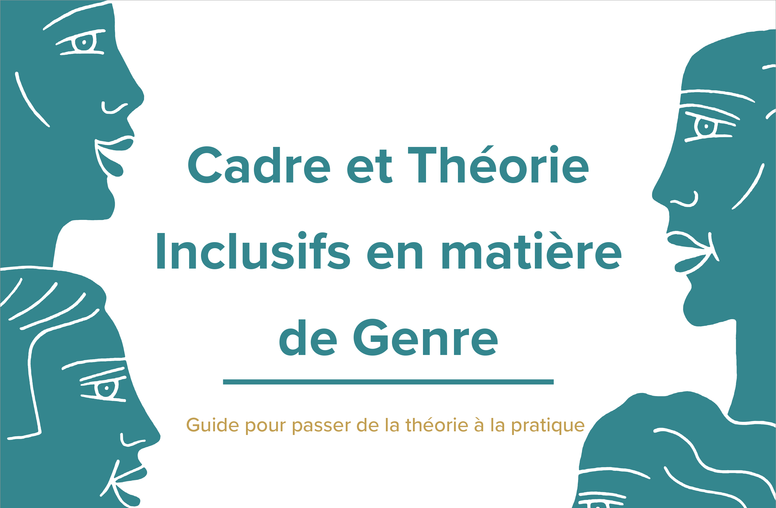
Gender Inclusive Framework and Theory (French)
Le guide du Cadre et de la Théorie Inclusifs en matière de Genre (CTIG) est un outil accessible et complet qui facilite l’intégration de l’analyse de la question du genre dans la conception d’un projet. Dans la mesure où le travail de consolidation de la paix dépend du contexte, le CTIG propose trois approches relatives à l’analyse de genre : l’approche femmes, paix et sécurité ; l’approche des masculinités pacifiques ; et l’approche des identités croisées, qui éclairent chacune la dynamique de genre dans un environnement donné pour mieux façonner les projets de consolidation de la paix.
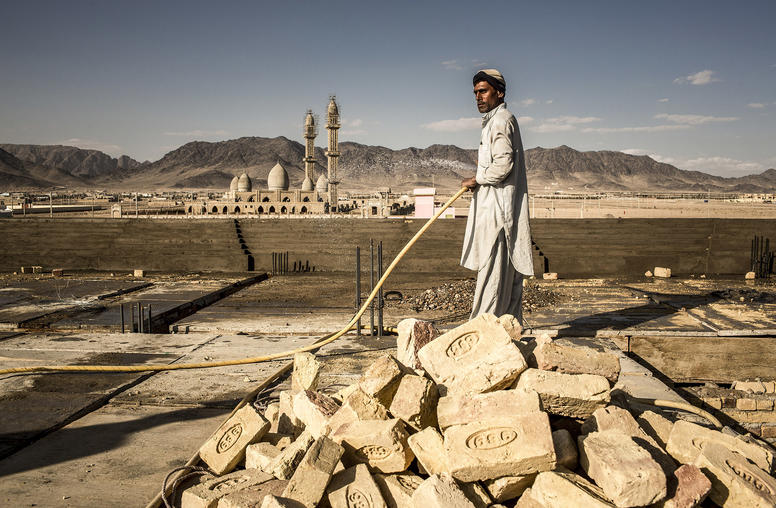
Pathways for Post-Peace Development in Afghanistan
Even if the warring parties in Afghanistan manage to secure a still-elusive agreement on resolving the current conflict, significant economic challenges remain for the country, which will require continued assistance and support for core government functions. This report, based on an examination of Afghanistan’s recent development performance, provides a framework for how the Afghan government and its donor partners can more effectively deliver equitable development going forward.
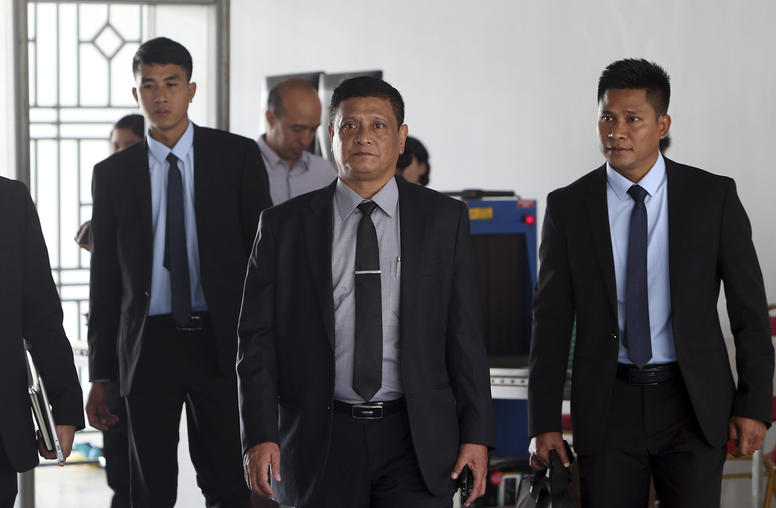
The Arakan Army in Myanmar: Deadly Conflict Rises in Rakhine State
Armed conflict in Myanmar’s Rakhine State between the Arakan Army and the Tatmadaw, the national army, has escalated sharply in the past two years. This development has been largely eclipsed, however, by the continuing international focus on the human rights crisis of the Rohingya Muslim minority. As this report explains, if this new conflict continues to expand in scope and ferocity, the hope of repatriating Rohingya refugees will recede into the future and the rest of the country will suffer from the increasing violence and destabilization.
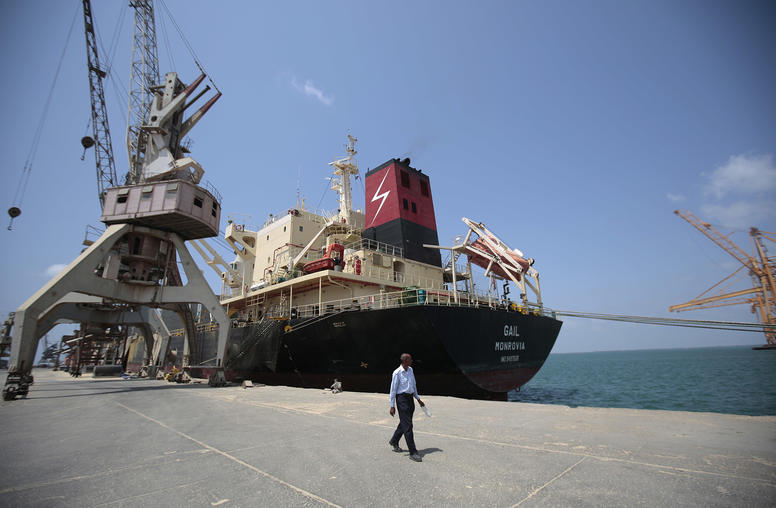
Final Report and Recommendations of the Senior Study Group on Peace and Security in the Red Sea Arena
Between May 2019 and September 2020, the United States Institute of Peace convened a bipartisan senior study group to consider the factors that have reshaped the Red Sea arena. The study group determined that, in recent years, the geopolitical and geo-economic dynamics of the Horn of Africa have become tied to the Middle East and broader Indian Ocean in a manner unprecedented in the last century. However, U.S. strategy in this evolving environment has struggled to keep pace with these interconnected, complex, and transregional dynamics and to account for the region’s increased relevance to U.S. interests. The final report of the senior study group defines U.S. interests within a hierarchy of priorities to assist policymakers in calibrating diplomatic, development, humanitarian, and security interventions and provides recommendations for defending and advancing these interests.
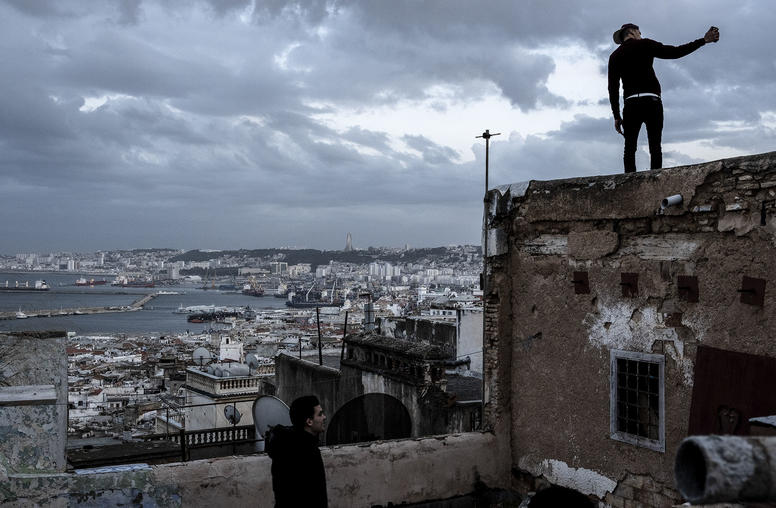
Could Algeria’s Referendum Lead to Democratic Progress or Uphold Status Quo?
Algerians took to the streets in February 2019 to protest the re-election bid of longtime authoritarian president Abdelaziz Bouteflika. Those protests—which came to be known as the Hirak movement and resulted in Bouteflika’s resignation in April of that year—evolved quickly to calls for a fundamental overhaul of the country’s political system. Few real changes have been made since. This Sunday, Algeria will hold a referendum on constitutional amendments to ostensibly bolster the country’s democracy. But, the Hirak says the constitutional changes do not go far enough. USIP’S Tom Hill looks at why the constitutional amendments have stirred tension with the opposition, the movement’s struggles to coalesce behind specific demands, and the role of Algeria’s military and floundering economy in the transition.

Kathleen Kuehnast on the 20th Anniversary of UN Resolution 1325
Two decades after the passage of the landmark resolution on women, peace and security, USIP’s Kathleen Kuehnast points to the 86 countries that have taken action to address the unique experience of women in conflict as proof of progress, but says that getting women more involved in peace processes is “a long game … it is difficult to find room for women at any table.”